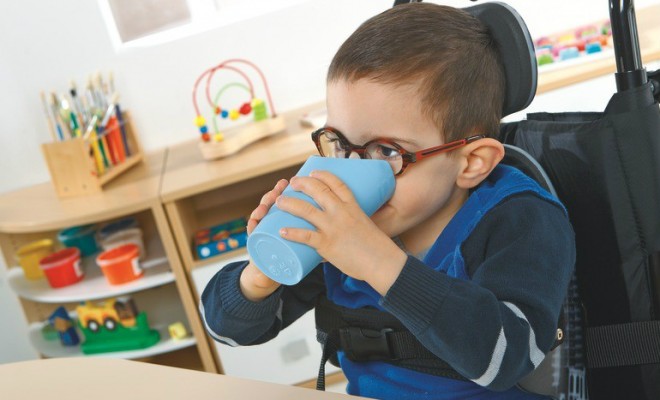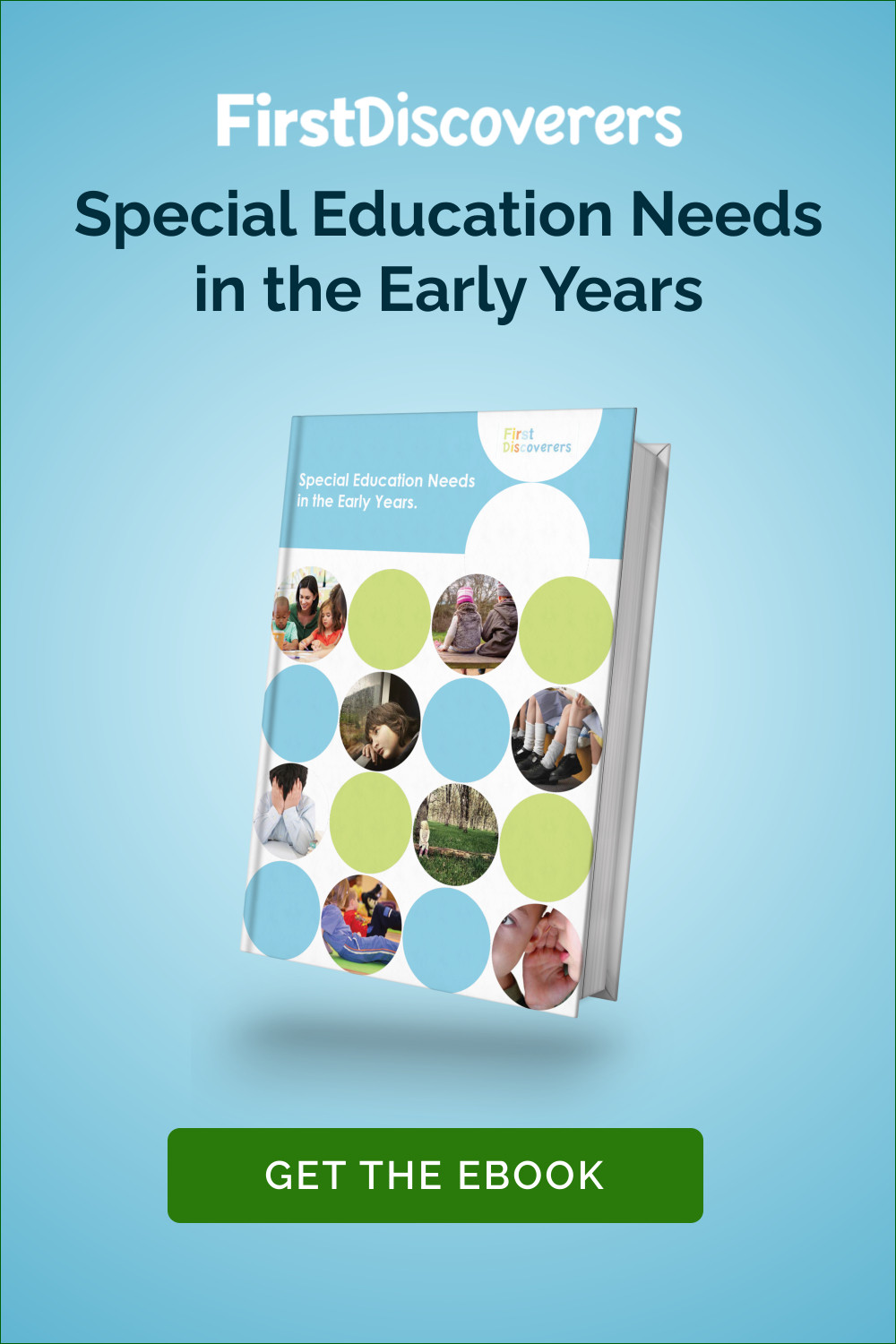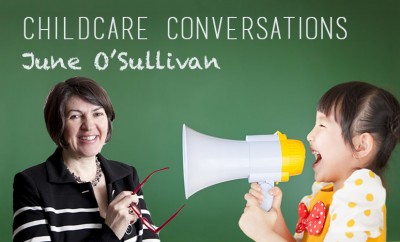
SEN In Early Years
Why Child Independence Is Important
Maria Montessori believes that experiencing independence is not just a game for children, saying “It’s a task they must accomplish in order to grow.” Building independence is part of an individual’s social skills; self-reliance allows the child to feel they have control over their life. Child independence means they no longer feel completely impotent and vulnerable to external hazards
If a child is not allowed to gain independence, they may react with anger and resistance, especially during their phase of self-affirmation, which is often wrongly called the phase of opposition. Children may also react with feelings of abandonment and develop a seemingly indifferent attitude. Developing autonomy also gives the child a sense of self-efficacy (‘I can do it on my own’) which promotes self esteem and confidence, and promotes motivation and perseverance in school.
 1. Dish with bib bowl, 2. Nose Cut-Out Glass, and 3. 2nd stage bib Bandana
1. Dish with bib bowl, 2. Nose Cut-Out Glass, and 3. 2nd stage bib Bandana
In becoming independent, the child also gains a sense of importance and belonging. They feel they are able to contribute to the world and social life surrounding them whether in reception or school. They also feel more reassured in their friendship group.
“A major benefit of encouraging child independence: children learn how to help those around them.”
By offering the child activities that make them more independent, you allow them to gain confidence. While teaching them new skills you also help them to develop qualities such as patience, concentration, self-help, cooperation, self-discipline and self-trust. You also promote their sociability, allowing them to develop their levels of self awareness and sensitivity towards others. A major benefit of encouraging child independence: children learn how to help those around them.
A selection of aids for encouraging child independence…

1. Nibbler, 2. Curved foam cutlery right handed and 3. Contactless soap dispenser







You must be logged in to post a comment Login